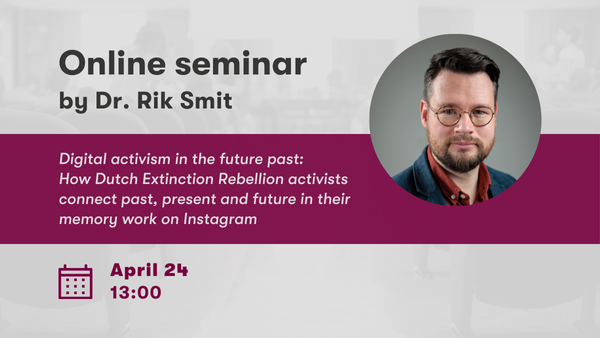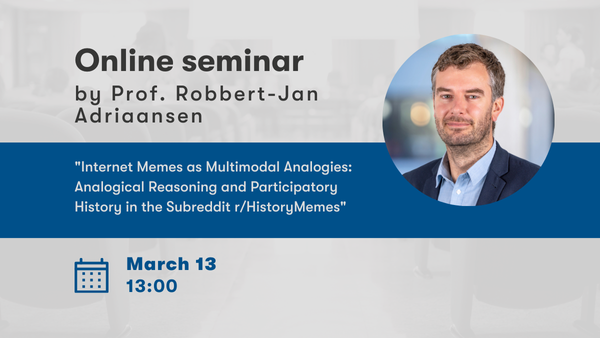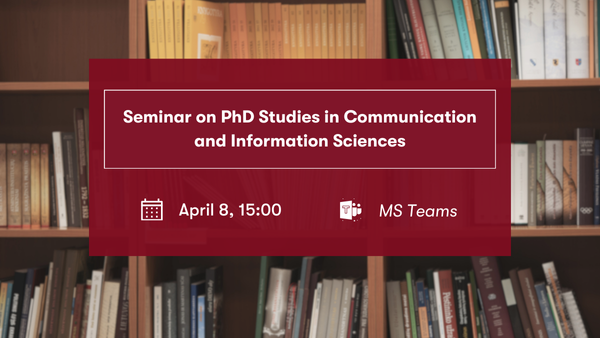Established 27 June 2017 by Decision of the Council of the Faculty of Communication
Bernardinų str. 11, Vilnius
Tel. +370 5 219 3040
Head of the Department
Prof. Dr. Andrius Vaišnys
Researchers - Experts
Established 27 June 2017 by Decision of the Council of the Faculty of Communication
Bernardinų str. 11, Vilnius
Tel. +370 5 219 3040
Head of the Department
Prof. Dr. Andrius Vaišnys
Researchers - Experts
Research interests
- Information policy (media-state relations)
- History and development of mass media
- Journalism ethics
- Journalism theory and practice
- Media effects
- Media management
- New and traditional media
- History of Journalism (process of media-government conflict as theoretical and practical aspects)
- Political communication
Research projects carried out in 2018
Projects Supported by University Budget
Conflicts of Political Communication in Journalism: Experience, Challenges, Perspectives of Media-Audience-Government Relationship. Prof. Dr. A. Vaišnys. 2017–2020.
International Research Projects
COST Action IS1308 Populist Political Communication in Europe: Comprehending the Challenge Mediated Political Populism for Democratic Politics. Prof. dr. G.Aleknonis.
COST Action: IS1308: Populist Political Communication in Europe: Comprehending the Challenge of Mediated Political Populism for Democratic Politics (07/04/2014 - 06/04/2018). The coordinator activities are supported by the EU Framework Programme Horizon 2020. Prof. Dr. Toril Aalberg (Norwegian University of Science and Technology).
The goal of this Action was to investigate populist political communication and its impact on democratic political life across Europe. This is necessary not only in light of recent populist backlashes in many democracies against governments and political and economic developments, but also in respect to changes in national media and communication systems.
In order to comprehend this poorly understood aspect of contemporary political communication this Action will examine three interconnected, but distinct aspects of populist political communication:
First, populist political communication actors and their communication strategies. Second, the media and populist discourses and frames. Third, citizen's engagement with populist political messages and the effect of these messages.
This Action will provide a thorough critical review of existing knowledge, much improved research coordination, widen co-operation between scholars, bridge gaps in existing knowledge and strengthen dialogue with various societal stakeholders, benefiting media organizations, NGOs and policy actors as well as the wider scientific community. MC member – G. Aleknonis.
COST Action CA15101 Comparative Analysis of Conspiracy theories (COMPACT). Prof. dr. G. Aleknonis.







